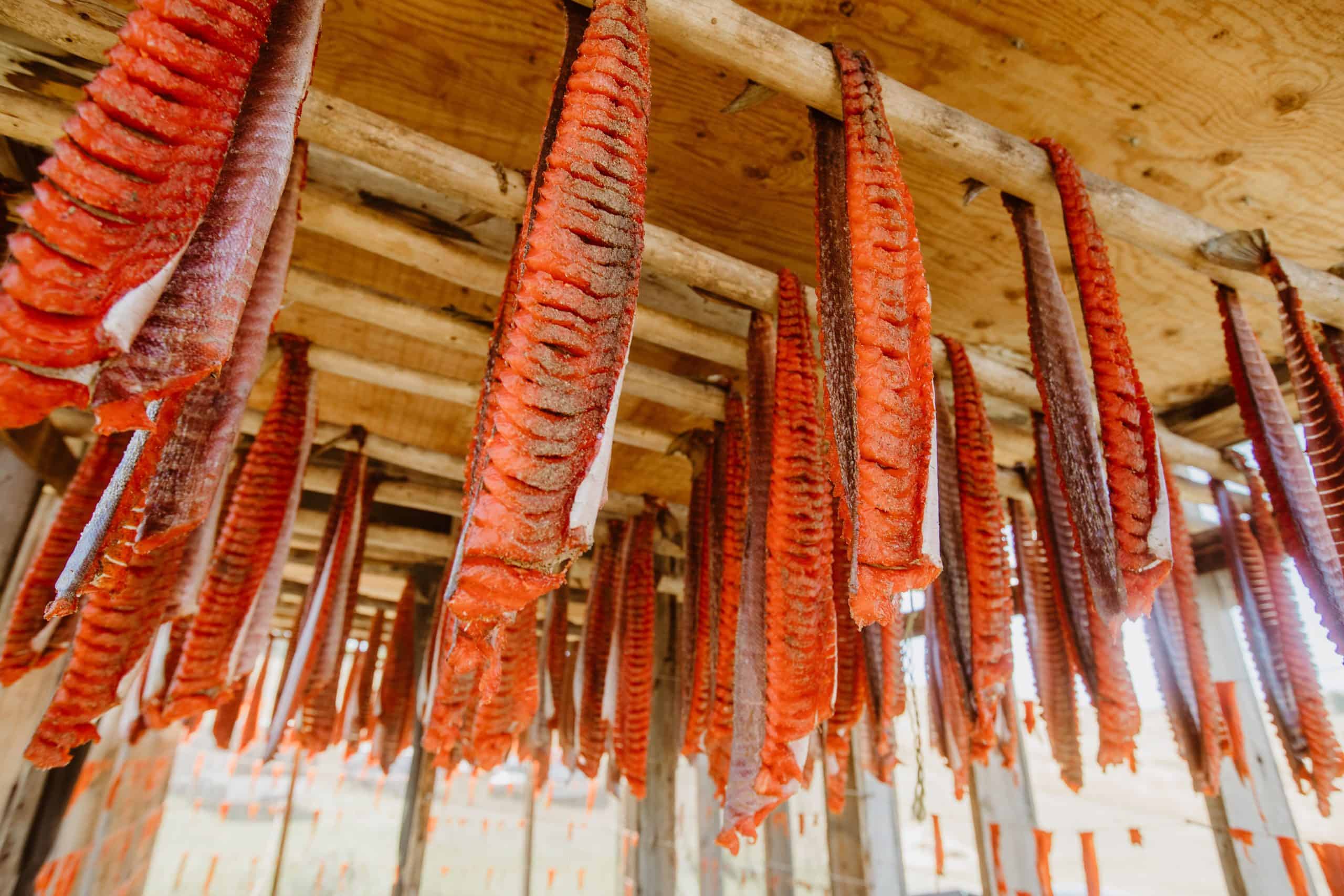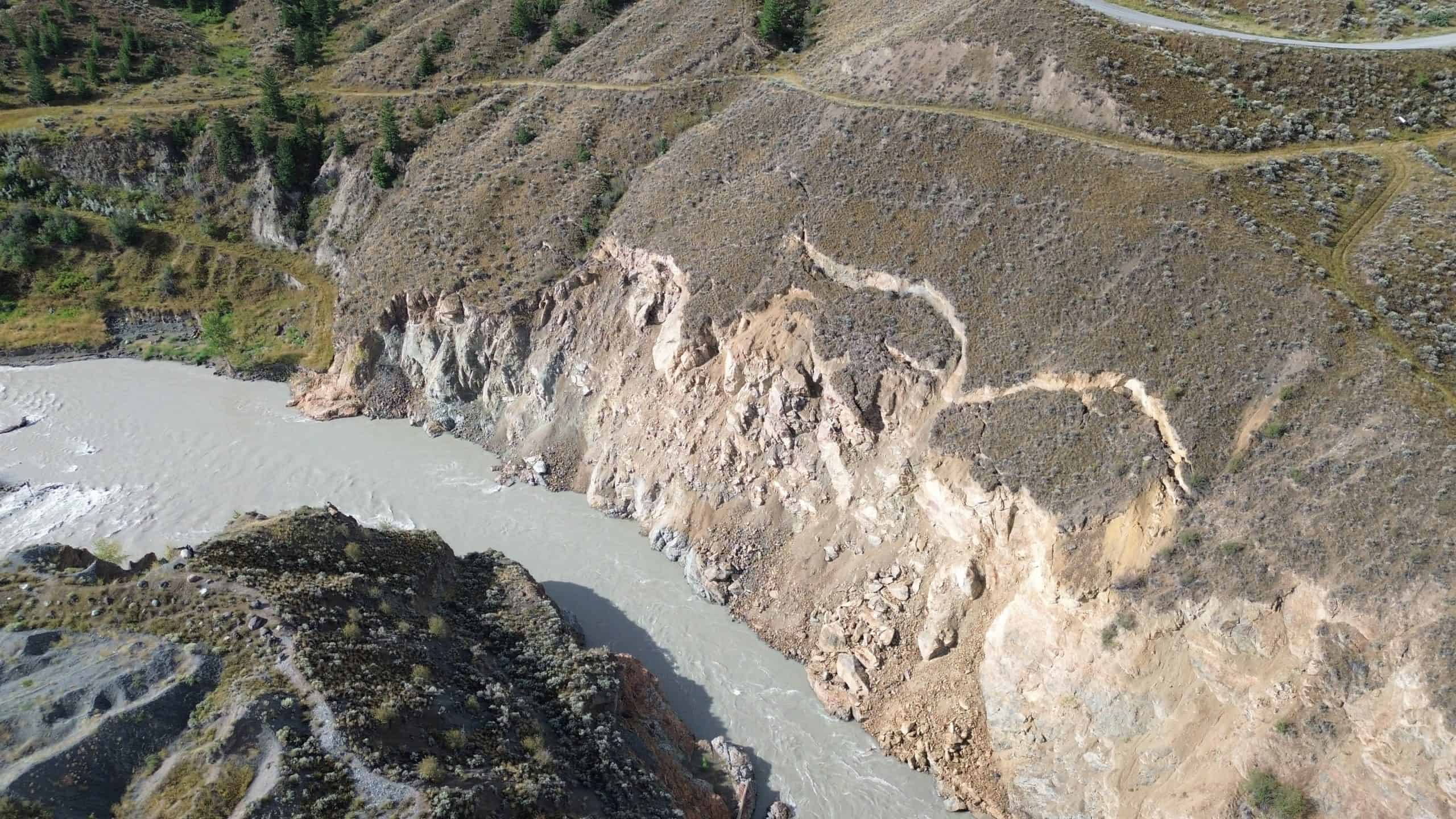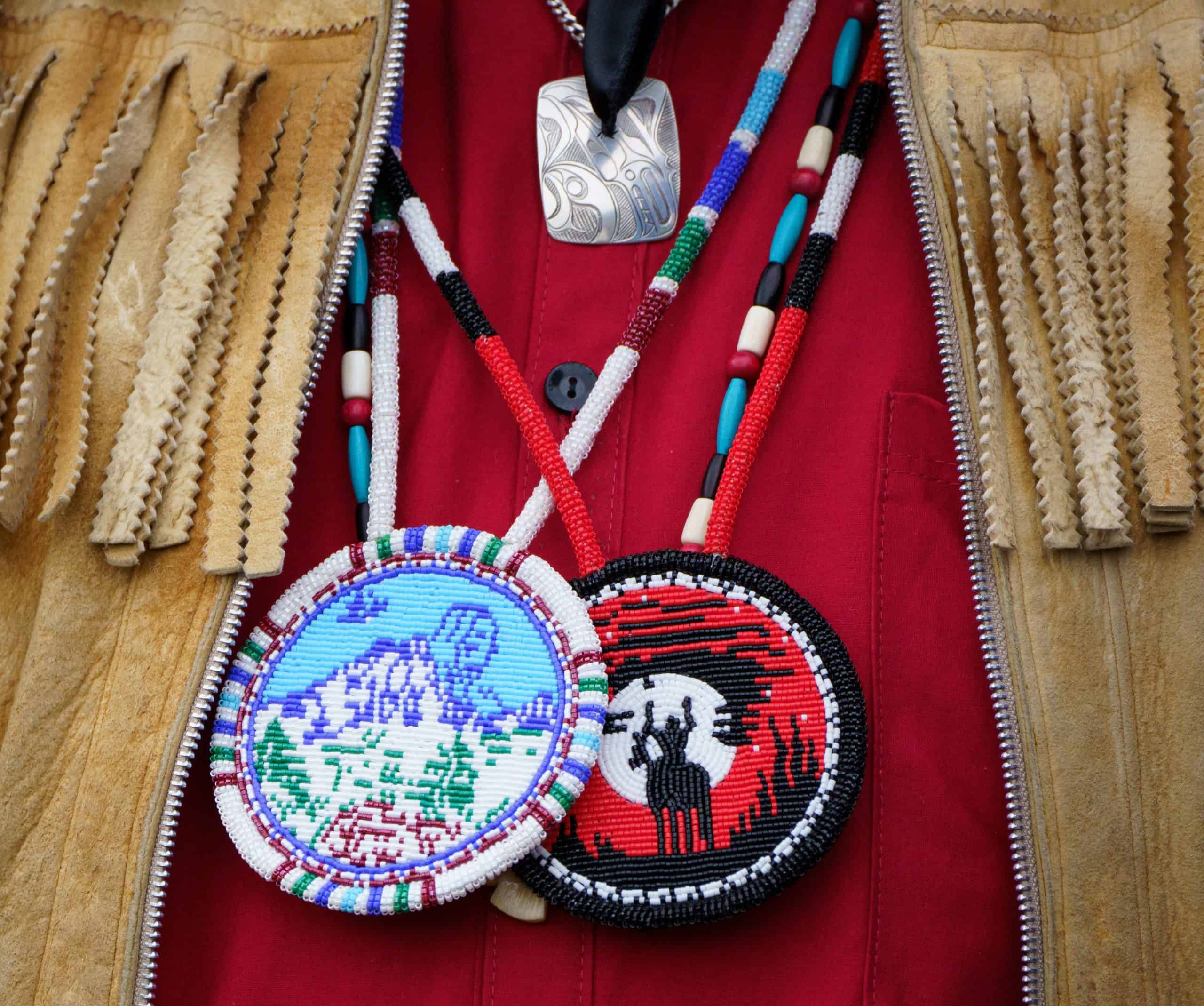
February 11, 2025 — Williams Lake, B.C.
Tŝilhqot’in Nation Leaders Attending Pacific Salmon Commission
This week, Tŝilhqot’in Nits’ilʔin-Qi (Chiefs) are attending the Pacific Salmon Commission in Portland, Oregon to call on the Alaskan 104 Fishery to stop intercepting vulnerable salmon stocks bound for the Tŝilhqot’in territory.
Existing data from Alaska demonstrates that the fishery has significant impacts on Fraser River stocks in years of low returns, with impacts on both First Nations fisheries and conservation. During extreme conservation measures that restrict Canadian and Washington harvest, the Alaskan District 104 Fishery continues to harvest these salmon without limit. This has a concerning impact on the food security of the Tŝilhqot’in people and is a clear infringement of Tŝilhqot’in Aboriginal rights, and the rights of all First Nations who depend on these stocks for their food, social and ceremonial needs.
The Tŝilhqot’in Nation is still recovering from the impact of the Tŝilhqox (Chilcotin River) landslide and the closure of the traditional fishery last summer. The full findings of this landslide are set to be released at the end of this month, outlining, in part, steps needed to ensure the survival of Tŝilhqot’in salmon stocks.
In 2019, the catastrophically low return of Fraser sockeye prompted the closure of all Washington State and Canadian fisheries. The Tŝilhqot’in Nation made the difficult decision to close its own traditional, community-based fishery at tremendous sacrifice to the community’s cultural practices and food security. The Tŝilhqot’in Nation was alarmed to later learn that the Alaskan fishery harvested 20% of Chilko River sockeye (45,000 fish) — the foundation of the Tŝilhqot’in traditional fishery. That year, this same under-regulated fishery took a total of 78,000 Fraser River sockeye when no First Nations in on the Fraser River were able to fish.
The Pacific Salmon Commission was formed by the governments of Canada and the United States to implement the Pacific Salmon Treaty. The Alaskan Salmon Fishery is currently authorized under the Pacific Salmon Treaty.
The Tŝilhqot’in National Government is the governing body for the Tŝilhqot’in people. The Tŝilhqot’in Nation is comprised of six communities located throughout the Tŝilhqot’in (Chilcotin) territory and is the only Nation in Canada with a court declaration of Aboriginal title (Tsilhqot’in Nation v. British Columbia).
“Year after year we are faced with record low Chilko sockeye returns while the Alaskan 104 Fishery catches these salmon without limit. Even when we have closed our traditional fishery to conserve the salmon – Alaska continues to harvest. Our people depend on the salmon run every year to ensure that our families do not go hungry. We call on the Pacific Salmon Commission to stop the Alaskan 104 Fishery until the Chilko sockeye run rebounds and to create a meaningful seat at the decision-making table for the Tŝilhqot’in Nation to manage our own stocks.”
— Nits’ilʔin (Chief) Joe Alphonse, O.B.C, LL.D. (hon.)., Tribal Chair, Tŝilhqot’in National Government
-30-
Media Release download PDF
January 15, 2025 — Williams Lake, BC Tŝilhqot’in Nation Takes Action to Save Chilko Salmon
November 6, 2025 — Williams Lake, BC Tŝilhqot’in Call for End to Political Fear-mongering About


